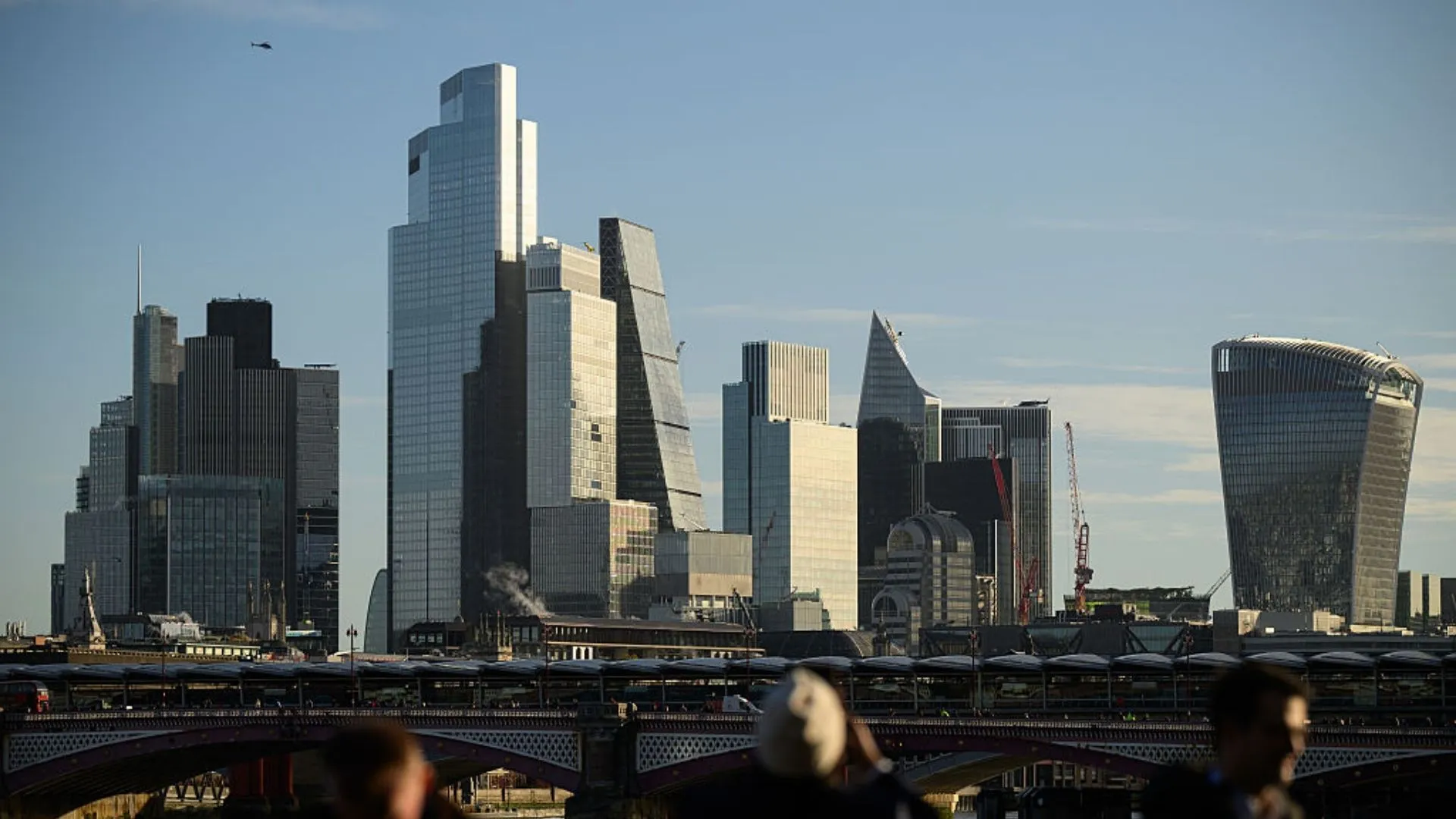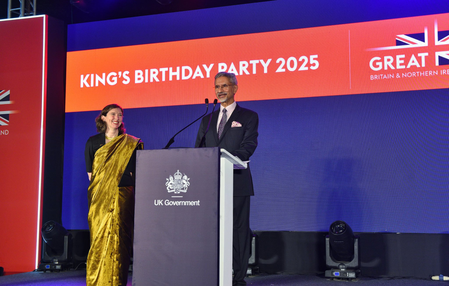Copyright Interesting Engineering

From AI breakthroughs to self-driving cars and mainstream green energy, innovation is accelerating at an unprecedented rate. Around the world, new patents and inventions are emerging daily, but a select few regions are ahead of others. The 2025 Global Innovation Index (GII), released by the World Intellectual Property Organization (WIPO), ranks the top countries and metro clusters driving technological innovation and progress. Evaluated across factors such as investment, adoption, and socioeconomic impact, these 100 hubs—spanning from San Francisco to Shenzhen—generate over 70% of the world’s global patents and venture capital. That being said, let’s take a look at seven of the world’s smartest cities today. 1. Zurich Source: Getty Images Zurich’s smart city success stems from its well-planned approach to urban management, as outlined in the Smart City Zürich strategy, launched in 2018. The city utilizes smart data platforms to monitor and enhance traffic conditions, waste management, and public services. Programs like Open Zurich promote data transparency for the public, fostering collaboration among governments, startups, and city planners. Transportation and energy are also major parts of Zurich’s plan. The ZVV app connects buses, trains, and e-scooters into one smooth system that makes travel easy and efficient. Waste heat from factories is reused for heating and cooling, and digital tools like augmented reality and digital twins help plan safer and more sustainable construction projects. 2. Oslo Oslo has held the second spot in the Smart City index since 2019, earning AAA ratings for its leadership in green and inclusive urban development. Named the European Green Capital 2019, the Norwegian capital continues to pursue bold environmental goals. Oslo is a global leader in electric mobility, with electric vehicles accounting for 40% of all private cars and 90% of new car sales in 2024. The FutureBuilt program, a decade-old initiative of 50 projects, promotes low-carbon, high-quality architecture near transit hubs. Oslo’s renewable energy system is powered largely by hydro power, covering about 60 percent of its total consumption. Its automated toll system, the Oslo Toll Ring, encourages the use of zero-emission vehicles and funds eco-friendly transportation projects. 3. Geneva Geneva has improved its place on the Smart City Index, earning another AAA rating and reinforcing Switzerland’s leadership in smart city innovation. Through the Smart Canton project, Geneva uses advanced technology to create efficient infrastructure. Sustainability is a central focus of Geneva’s development projects. The TetraEner initiative combines renovation and new construction to maximize the use of renewable energy. At the same time, the Geneva Lac Nations project connects buildings to a hydraulic network that provides heating, cooling, and water for greenery. The city also uses LoRaWAN technology to monitor environmental factors and optimize energy and transport systems. Geneva ranks highly in terms of public participation, access to education, and green spaces, making it a sustainable model for its citizens. 4. Dubai Dubai made a huge leap in the 2025 Smart City Index, rising from 12th to 4th place – the biggest jump of any city. Its goal is to become the “happiest and smartest city on Earth”, driven by advanced technology and artificial intelligence. The city’s smart strategy is built around six pillars: economy, living, governance, environment, people, and mobility. AI-powered traffic systems utilize thousands of sensors and cameras to reduce congestion by up to 20%. At the same time, the Roads and Transport Authority manages traffic lights in real-time for smoother travel. Dubai is also focused on sustainability and innovation. Projects such as the DEWA Smart Grid and Dubai Silicon Oasis enhance energy efficiency, supporting the UAE’s goal of achieving 75% clean energy by 2050. 5. Abu Dhabi Abu Dhabi has climbed from tenth to fifth place in the 2025 Smart City Index, marking another big step forward for the Middle East. The UAE capital is advancing smart city projects to enhance infrastructure, promote sustainability, and improve public services. The Zayed Smart City Project, launched in 2024, is a five-year plan powered by AI and IoT technology. Starting with pilot programs in the Corniche area, the project is testing smart systems for traffic, lighting, and parking before expanding citywide. Abu Dhabi’s TAMM platform consolidates hundreds of government services into a single digital hub, reducing paper usage by over 90%. The city also promotes the use of electric and hybrid vehicles. It is building smart charging networks as part of its Sustainable Energy Strategy, supporting the UAE’s goal of achieving net-zero emissions by 2050. 6. London London has introduced groundbreaking initiatives, such as the Congestion Charge, contactless payments, and the Ultra-Low Emission Zone, key pillars of its sustainable urban model. The city’s digital transformation is highlighted by Transport for London (TfL) and BAI Communications installing over 2,000 km of cabling across the Tube network, enabling uninterrupted 4G and upcoming 5G coverage in all stations and tunnels by the end of 2025. London’s open data platforms are empowering startups and developers to create real-world solutions using public data. Initiatives include smart parking systems, EV charging trials, and environmental monitoring to improve sustainability and reduce congestion. 7. Copenhagen Copenhagen ranks seventh in the 2025 Smart City Index. The Danish capital’s goal of becoming the world’s first carbon-neutral city by 2025, set in 2009, remains central to its smart city vision and urban strategy. The city’s approach focuses on three priorities: achieving carbon neutrality, promoting sustainable urban living, and driving economic growth. Famous for its cycling culture, Copenhagen sees 62% of its residents commute by bike daily, covering 400 km of dedicated lanes. Major investments in smart infrastructure and the Copenhagen Connecting plan are expected to yield €600 million in socioeconomic benefits, solidifying the city’s position as a leader in smart, sustainable innovation. Conclusion The 2025 Smart City Index underlines how innovation, data, and sustainability are redefining urban life across the globe. From Zurich’s unmatched efficiency to Dubai’s rapid rise, each city showcases unique approaches to improving living standards through smart infrastructure, clean energy, and AI-driven services. As technology evolves, these cities stand as blueprints for the future – proving that smart living is not only about automation but about creating greener, safer, and more connected communities.



